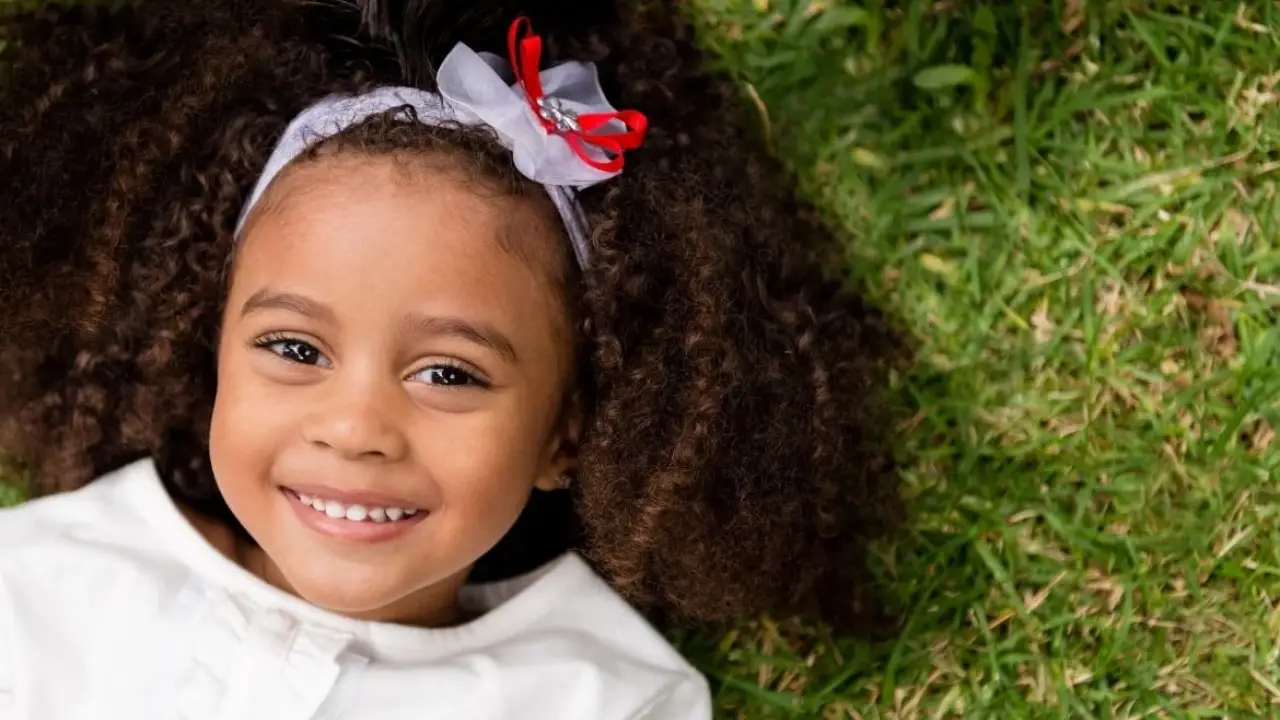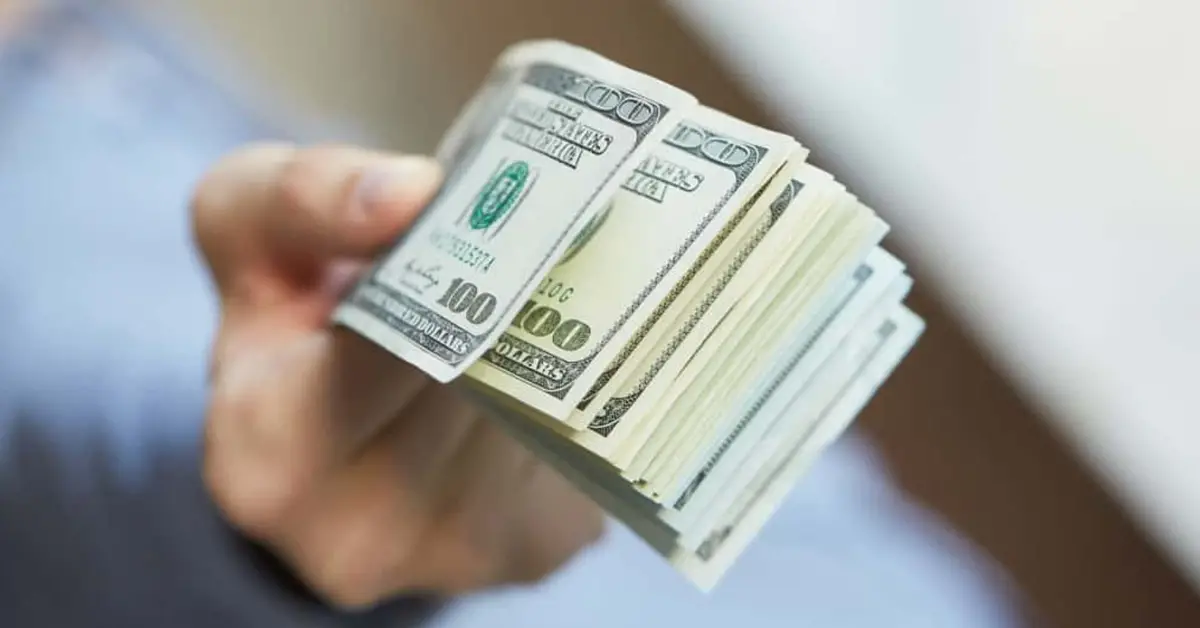A recent study has revealed that parents who received monthly child tax credit payments in 2021 did not use the extra money for drugs.
This finding challenges a common argument against the payments.
Research Findings Show Positive Impact
Researchers analyzed data from over 40,000 parents and nonparents during the six months when the U.S. government provided monthly payments of up to $300 per child.
The results showed that instead of spending on drugs, parents actually reduced their cigarette consumption. The extra funds seemed to lower their stress levels, leading to healthier choices.
Evidence Against Policy Concerns
“This evidence contradicts concerns from policymakers that increased substance use would overshadow the benefits of monthly child tax credit payments for low-income families,” stated J. Travis Donahoe, the study’s lead researcher from the University of Pittsburgh.
Origin of the Child Tax Credit Payments

The monthly payments were introduced by Democrats in 2021 as part of the American Rescue Plan, a pandemic relief bill that also included another round of stimulus checks.
While there were plans to continue these payments, they faced opposition from then-Senator Joe Manchin, who later left the Democratic Party.
Manchin’s Concerns About Misuse
Manchin had expressed concerns that parents might use the extra money for drugs.
During discussions with colleagues, he shared an anecdote from a grandmother worried that her daughter would misuse the child tax credit for drugs instead of caring for her children.
Impact on Child Poverty
Despite these concerns, the expanded child tax credit provided much-needed financial support for American families, allowing them to access resources like food, clothing, and school supplies.
It significantly reduced child poverty during its implementation, although those numbers rose again once the payments stopped.
Comparison to Global Standards
The child tax credit mirrors universal child allowances offered in many other developed countries.
Continuing these payments was part of a broader “Build Back Better” bill that faced significant opposition, ultimately resulting in a focus on green energy incentives rather than family support programs.
Political Shifts During the Pandemic
The monthly cash payments for parents emerged during the COVID-19 pandemic when traditional political stances shifted.
Previously, both Republicans and Democrats had resisted unconditional cash payments for the unemployed. Manchin’s opposition to the child tax credit reflects a return to these political norms.
Public Perception of Financial Assistance
Josh McCabe, director of social policy at the Niskanen Center, a think tank supportive of the payments, noted that while some states have made improvements to their child tax credits, many Americans still view the expanded federal child tax credit as a temporary stimulus rather than a long-term support system like Social Security.
Conclusion
The study serves as a reminder of the positive impact that financial assistance can have on families. It underscores the need for informed discussions around such policies, moving beyond unfounded fears to focus on the benefits for children and families across the country.
Disclaimer- Our team has thoroughly fact-checked this article to ensure its accuracy and maintain its credibility. We are committed to providing honest and reliable content for our readers.




